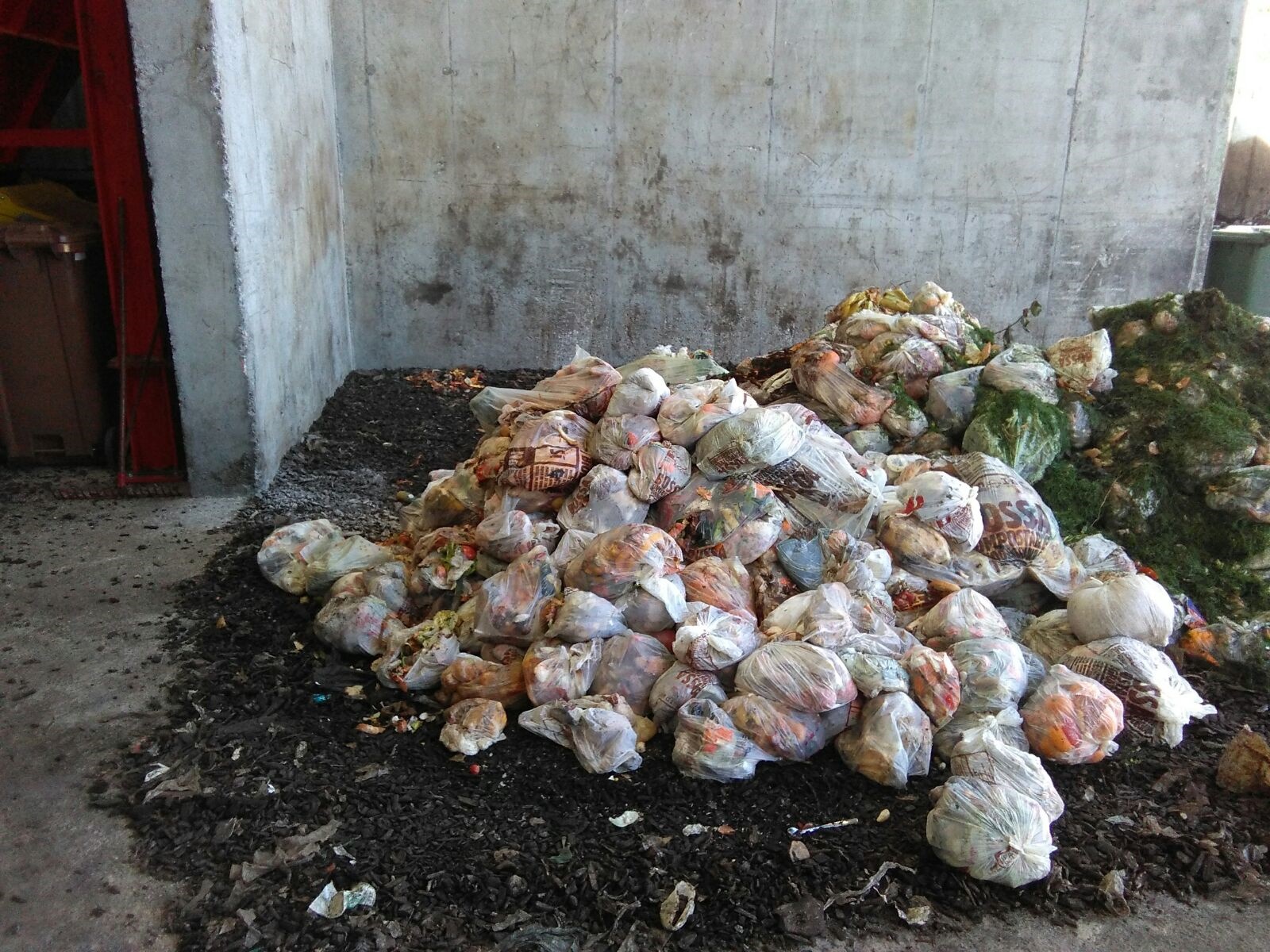As the project is getting closer to the launch of the demonstration sites, the preliminary characterisation of the two sites are published giving the first glimpse of what these sites would look like.
The characterisation refers to the two DECISIVE technologies: micro-Anaerobic Digestion (mAD), biogas local valorization with Stirling Engine (SE) and Solid-State Fermentation (SSF). A methodology of characterization has been developed and applied in the two real cases before and after the implementation of the pilots. This methodology will be refined at a later stage where the methodology for planning a decentralized biowaste management supporting the Decision Support Tool (DST) will be further developed. This tool is meant to allow an informed discussion among stakeholders to support the selection of the most appropriate solution (or combination of solutions) for the management of the biowaste in a specific urban area, based on: specific sustainability indicators and model assumptions.
The characterization of the alternative scenario includes an overview of the hypothetical configuration of the alternative system, defining the process units and their technical features (surface, supply of consumables, accessibility) and valuable outputs. A list of criteria based on the feasibility, desirability and potential of the alternative system is presented to guide in the site selection process or to check the adequacy of a specific site for the implementation of the alternative system. Besides site selection criteria, relevant technical, legal and social aspects and local energy and material demands are identified to have further elements to decide if a location is appropriate for implementing DECISIVE technologies.
The Catalonia case includes a description of the selection and confirmation process of the specific demonstration site, which was not decided “a priori”, as for the Lyon case. The UAB Campus has been selected as the Catalan demonstration site after having analysing pros and cons for each proposed location. The Catalan pilot is designed with an annual capacity of 200 t obtained gathering mainly biowaste from restaurants of the UAB Campus.
For the Lyon case, if this site was already decided at the beginning of the project, the study zone “Lyon study zone” is defined only theoretically (at this stage of the project) as a circular area centered in Refarmers site. The identification of the specific restaurants that will feed the pilot has not started yet at this stage of the project, later a campaign looking for partnering restaurants will be done.
The results of the characterizations presented in this report are preliminary since they are based on the knowledge built on the data gathered until now (in this phase of the project) in both case studies. Confirmation or modification of the information presented in this report, and evaluation of missing data in terms of waste production quantification and qualitative characterization will be provided in a later phase of the DECISIVE project.
The methodology is available online here.

